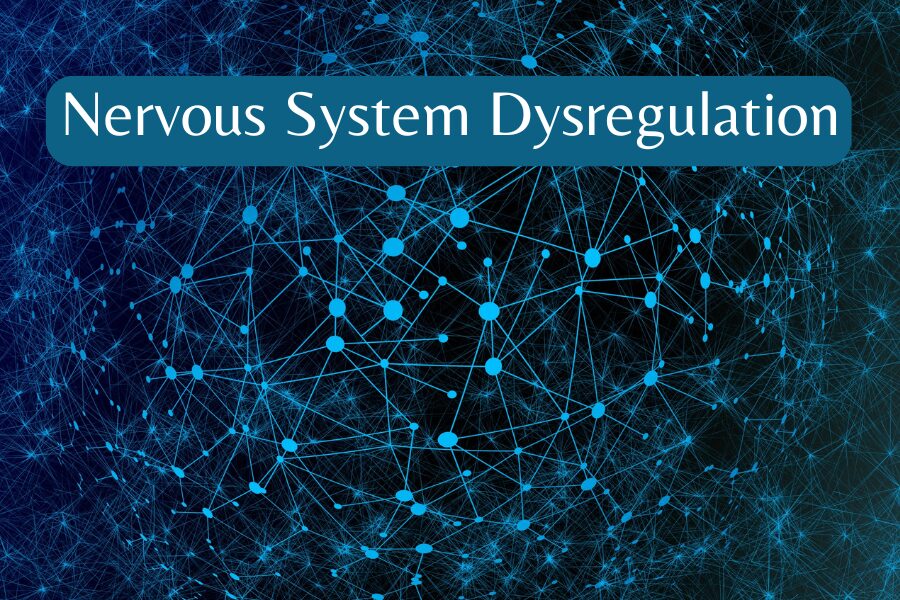Managing stress is essential for maintaining hormonal balance, which is critical for overall health and well-being. Chronic stress can lead to hormonal imbalances, causing a variety of health issues.
This post will explore how stress affects all your hormones and provide practical strategies to manage stress and restore hormonal balance.
Can Stress cause hormonal imbalance?
In women, high cortisol levels can interfere with the production of estrogen and progesterone the sexual hormones, leading to menstrual irregularities, reduced fertility, and symptoms of menopause.
However the effect of the stress hormone in our hormonal umbalances goes beyond that.
The massive impact of Cortisol on Insulin
Cortisol, the body’s primary stress hormone, plays a significant role in regulating blood sugar levels. When cortisol levels are elevated due to chronic stress, it can lead to insulin resistance. Cortisol stimulates the liver to release glucose into the bloodstream, providing immediate energy for a “fight or flight” response. However, persistent high levels of cortisol mean continuous glucose release, leading the pancreas to produce more insulin to manage the glucose levels.
Consequences:
- Insulin Resistance: Over time, cells become less responsive to insulin, leading to insulin resistance. This condition is a precursor to Type 2 diabetes and metabolic syndrome.
- Increased Blood Sugar Levels: Elevated cortisol and insulin resistance can cause chronically high blood sugar levels, which can damage blood vessels, nerves, and organs.
- Weight Gain: Particularly around the abdomen, due to the body storing more fat as a result of insulin resistance.
- Inflammation: Chronic high blood sugar and insulin resistance can lead to systemic inflammation, contributing to various health issues, including cardiovascular disease.
Cortisol and Sleep Hormones
Cortisol follows a natural daily rhythm, peaking in the morning to help wake you up and gradually declining throughout the day. However, chronic stress disrupts this rhythm, leading to abnormal cortisol levels that can interfere with sleep.
- Melatonin: High cortisol levels, especially in the evening, can suppress the production of melatonin, the hormone responsible for regulating sleep-wake cycles. Melatonin is crucial for initiating and maintaining sleep.
- Growth Hormone: Elevated cortisol can also impact the secretion of growth hormone, which is released during deep sleep and is essential for tissue growth, muscle repair, and overall recovery.
Consequences:
- Insomnia: Difficulty falling asleep or staying asleep due to high cortisol levels disrupting the natural sleep cycle.
- Poor Sleep Quality: Reduced deep sleep stages, leading to less restorative sleep and impairing physical and mental recovery.
- Daytime Fatigue: Inadequate sleep and disrupted sleep patterns result in daytime fatigue, affecting productivity and cognitive function.
- Mood Disorders: Chronic sleep disturbances can contribute to mood disorders like anxiety and depression, exacerbating stress and creating a vicious cycle.
Understanding these connections highlights the importance of managing stress to maintain not only hormonal balance but also overall health and well-being.
Excessive cortisol can also lead to a range of symptoms that affect emotional health, physical well-being, and mental performance:
- Emotional Health: High cortisol levels can cause mood swings, anxiety, and depression. Chronic stress can also impair your ability to handle emotional stress, making you more reactive and less resilient.
- Physical Well-being: Symptoms include weight gain, especially around the abdomen, high blood pressure, fatigue, muscle weakness, and a weakened immune system, making you more susceptible to infections.
- Mental Performance: Elevated cortisol impairs cognitive functions such as memory, concentration, and decision-making. This can lower your productivity, particularly in demanding work environments where mental clarity is essential.
Understanding these symptoms helps in recognizing the need to manage stressand cortisol levels to effectively maintain overall hormonal balance.
Cortisol DETOX Diet
Activating the lymphatic system is crucial for natural cortisol detoxification.
The lymphatic system helps remove waste products and excess hormones from the body.
A well-designed detox daily diet can support this process.
- Hydration is key, so drink plenty of water to support lymphatic drainage.
- Incorporate leafy greens like spinach and kale, which are rich in antioxidants to combat oxidative stress.
- Include healthy fats from avocados, nuts, and seeds to support hormone production.
- Go for lean proteins from meats, fish, and plant-based sources to stabilize blood sugar levels.
- Consuming high-fiber foods like fruits, vegetables, and whole grains promotes healthy digestion and detoxification.
- Herbal teas such as green tea and chamomile provide calming effects.
Following this diet can help reduce cortisol levels and support overall hormonal balance.

Managing stress also means preventing excess cortisol daily.
Managing stress not only involves detoxifying your body but also preventing the generation of excess cortisol throughout the day.
Introducing Deep Trance Relaxation (DTR) can be an effective strategy.
DTR is a technique that involves entering a deep state of relaxation, similar to a trance state, to regulate and heal the nervous system.
DTR techniques help activate the parasympathetic nervous system, which counteracts the stress response of the sympathetic nervous system, promoting fast and deep relaxation and stress recovery.
Deep relaxation achieved through DTR can lower cortisol levels, mitigating the physical effects of stress on the body and relaxing your nervous system.
Additionally, DTR facilitates a state in which the brain is more malleable and open to change, enhancing neuroplasticity and allowing for the creation of new, healthier neural pathways.
Practicing DTR for just a few minutes each day can significantly reduce stress and promote hormonal balance.
Managing stress effectively not only enhances productivity but also ensures long-term well-being.
Ready to take control of your stress and balance your hormones?
Try our free DTR technique and experience the difference.
By incorporating these strategies into your daily routine, you can manage stress effectively, balance your hormones, and improve your overall well-being.
To your Well-being









0 Comments